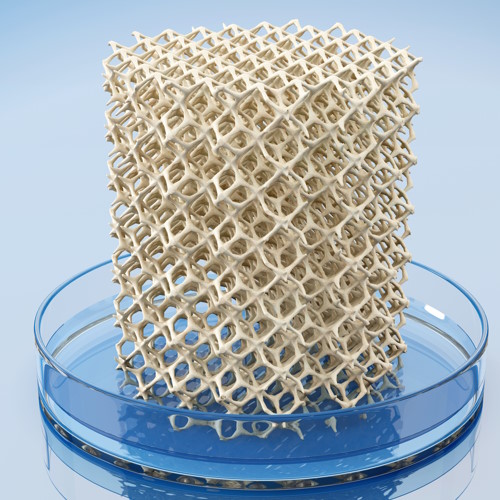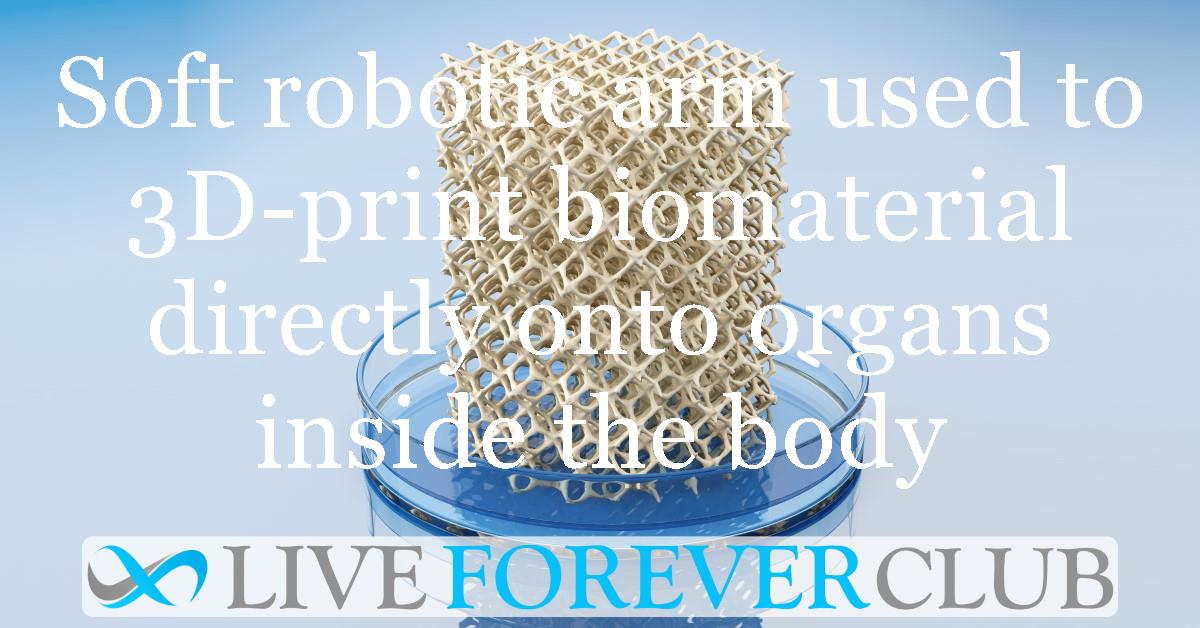Key points from article :
Engineers have developed a miniature and flexible soft robotic arm that could be used to 3D-print biomaterial directly onto organs inside a person's body.
The tiny flexible 3D bioprinter developed was able to 3D print a variety of materials with different shapes on the surface of a pig's kidney.
3D-bioprinting is a process whereby biomedical parts are fabricated from bioink to construct natural tissue-like structures.
This device is known as F3DB.
The 3D bioprinter has the ability to be inserted into the body just like an endoscope and directly deliver multilayered biomaterials onto the surface of internal organs and tissues.
With further development, and potentially within five to seven years, the technology could be used by medical professionals.
"Our flexible 3D bioprinter means biomaterials can be directly delivered into the target tissue... damage and disease inside the colon," said Thanh Nho Do, lead researcher.
The new research was carried out at UNSW and the paper is published in Advanced Science.







